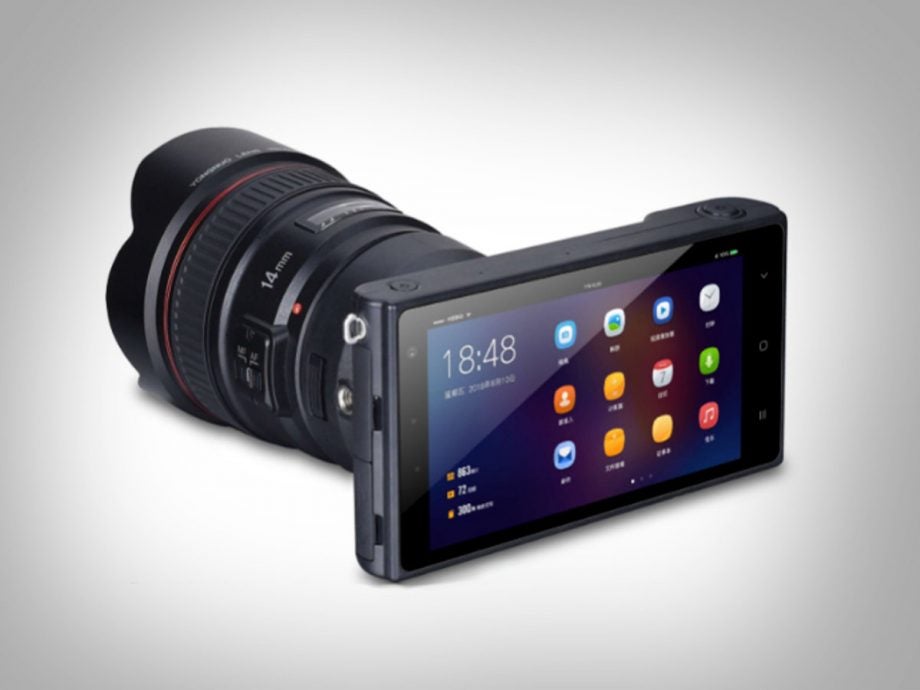Yongnuo’s mirrorless camera runs Android and supports Canon lenses

Mirrorless cameras still trump smartphones in every way except photographic convenience, but wouldn’t it be great if you could combine the connectivity of an Android phone with a Micro Four Thirds camera? That’s what Chinese company Yongnuo has attempted with its forthcoming YN450.
Unlike the Samsung Galaxy Camera from 2013, the Yongnuo YN450 is more camera-meets-Android phone than vice versa.
It has a 16-megapixel Four Thirds sensor, which on paper puts it in the ballpark of something like the Olympus OM-D E-M10 Mark III, and runs Android 7.1 Nougat, putting it a couple of years behind today’s flagship phones.
Still, it’s an interesting combination if you fancy combining the dynamic range and low light skills of a Four Thirds sensor with the ability to immediately fire shots to Instagram without needing a phone in between.
Related: Google Pixel 3 vs iPhone XS: which smartphone has the best camera?
Unlike dedicated cameras, the YN450 also features a front-facing, 8-megapixel camera for shooting quick selfies. And Yongnuo’s Facebook post also says the camera will support Canon EF lenses, which makes it an even more unusual combination of sensor, mount and operating system.
Elsewhere, you get similar specs to a mid-range Android phone, with a five-inch 1080p screen, GPS and 32GB of internal storage (which you can expand by another 32GB).
And that YN450 name is only a placeholder for now – Yongnuo is holding a competition on that Facebook page that asks fans to come up with a name for the camera. CamDroid, anyone?
What do you think, is putting Android in a mirrorless camera a good idea? Let us know on Twitter @TrustedReviews.


